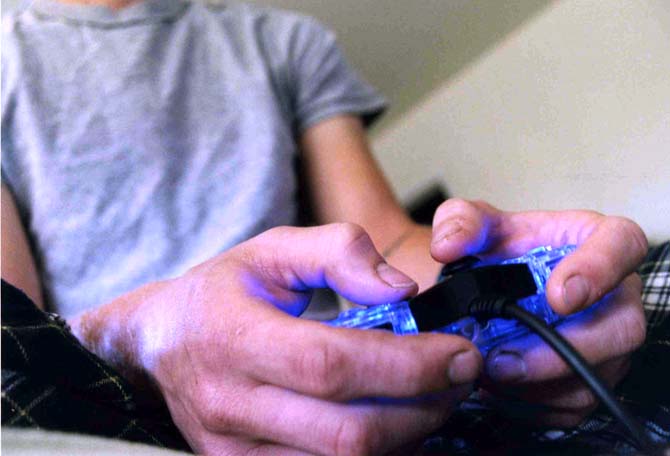Violence, obscenity and unexpected chaos are unfortunately large parts of the world we live in.
Murder, rape, robberies, shootings and death are inescapable parts of the news we watch and read about. It’s impossible to delve into a news source without encountering a report about some form of violence.
Humans have become desensitized to this constant and neverending violence-filled world. It has come to a point where we can watch the aftermath of bombings in foreign countries on our silver screens without flinching.
Some acts of violence cause me to pause and wonder what could have possibly influenced the person to commit the crime, whether it’s a horrific mass shooting or a thoughtless act.
In what I find to be a more comical example of violence, an Auburn fan allegedly stole a car in Tigerland last week, hit nine cars while driving it and incidentally kidnapped the girl who had been sitting in the passenger seat.
He allegedly told an officer that he “wanted to see what it was really like to play the video game ‘Grand Theft Auto.’”
This situation may be an extreme, rare and possibly alcohol-fueled example, but it invites commentary about the effects violent video games have on the way people act and perceive their reality.
From my knowledge of “Grand Theft Auto,” the main character is usually equipped with multiple weapons and goes on a mission to accomplish a goal while stealing cars, killing civilians and police officers and wreaking havoc.
Obviously this is an unrealistic representation of reality. Although crime does happen, you can’t type a number into your cell phone and have a helicopter appear in front of you. But what does long-term exposure to these violent types of video games do to those who feed into them too much?
While searching around for studies on this matter, I found that few have solid numbers and evidence that video games actually do lead to long-term violence in adolescents or adults. Simple studies of the effects that video games have immediately after playing showed that people were more irritable, more likely to be rude and more aggressive. But in the long term, not much has been determined.
There’s a serious gap in research about the long-term effects of video games on violence. Many video games’ representations of violence are so exaggerated and far-off from real life that psychologists say it’s hard to make a connection between the two.
When a mass shooting or some extreme form of violence comes up in the news, people immediately turn to this idea that the video games they may have played or the shows they may have watched were a factor in the violent act.
It seems that there has been a correlation between many hours of violent video games a day and violent tendencies in some mass shootings in the past. Another factor that could be accounted for is that many mass shooters suffered from some form of mental illness. So should there be studies on the correlation between long-term violence and mental illness?
This is a complicated issue without an easy solution.
Violent and non-violent video games alike can be a good release from stress in the real world. They’re a great way to connect with friends and strangers over the Internet. They’re fun and
exciting. I think that even if some people may become more aggressive immediately after playing, it’s a temporary aggression.
It will be interesting to see if more in-depth, long-term and well-rounded studies are done in the future. Until then, we should take extreme situations like the Grand Theft Auburn incident and understand that there will always be extremists and that they don’t make up the majority.
Mariel Gates is a 20-year-old mass communications sophomore from Baton Rouge.
Opinion: Grand Theft Auburn, reflecting on video game violence
By Mariel Gates
September 30, 2013





